Fear, Anxiety, Worry
Overcome by Worship
By Cory Whitford
Have you ever had one of those days when nothing goes right? When the odds are stacked against you, you’re overwhelmed, and you wonder if you should just give up and go back to bed? When you have a day like that—or maybe even a year like that—we have two choices: We can worry, or we can worship. We can’t do both. If we’re worrying, we are not going to worship. If we’re worshiping, we are not going to worry. Sounds so simple doesn’t it?
Philippians 4:6 says, “Don’t worry about anything; instead, pray about everything. Tell God what you need, and thank him for all he has done” (NLT).
At Harlem Campus Life we have been going through a series focused on the topics of fear, anxiety and worry. This series has been impactful for all who have been in attendance; including us leaders. In the first few weeks, as a group, we have gone around in a circle and discussed how fear and anxiety have an effect on us. We also defined what they mean to us. One of the students defined anxiety as, “the anticipation of fear.” Now that’s deep… As we move forward in the series, we will begin to discuss the antidote to all of our fear, worry, and anxiety. You might be wondering “what is the antidote?” I’m glad you asked. WORSHIP— PRAYER, to praise God, and ask him for what you need. Just like with fear and anxiety, we will also define what worship and prayer is to us. What it means and why it’s so important.
“Anxiety is the anticipation of fear.” - Harlem Campus Life student
When many people hear the word “worship,” they think of music. Music is one way to worship, but really worship is an entire lifestyle. Every aspect of our life can be an act of worship to God. In the book of 2 Chronicles, three enemy nations—the Moabites, Ammonites, and Meunites— join forces against King Jehoshaphat. The king received a report that they were on their way to fight the nation of Israel. The odds were three nations against one. Rather than worrying, Jehoshaphat chose to worship by asking God for help: “Jehoshaphat was afraid, so he decided to ask the LORD what to do” (2 Chr. 20:3). His first reaction was fear—and, considering the odds, fear was reasonable. The king could have let his fear intimidate him, discourage him, or cause him to give up. Instead, Jehoshaphat let his fear motivate him to worship through prayer. He also didn’t do it alone. He gathered others to pray with him: “The country of Judah united in seeking GOD’s help—they came from all the cities of Judah to pray to GOD” (MSG, 2 Chr. 20:4).
Let’s be real with each other. More than likely you will never have a day when three nations are united in war against just you. However, this year has brought with it much fear, anxiety and worry. There has been numerous days when the odds were not in your favor. However, when impossible days come, remember to choose to worship God by asking him to help you. He will always hear and respond.
Blessings,
Cory Whitford
Harlem Campus Life Director



